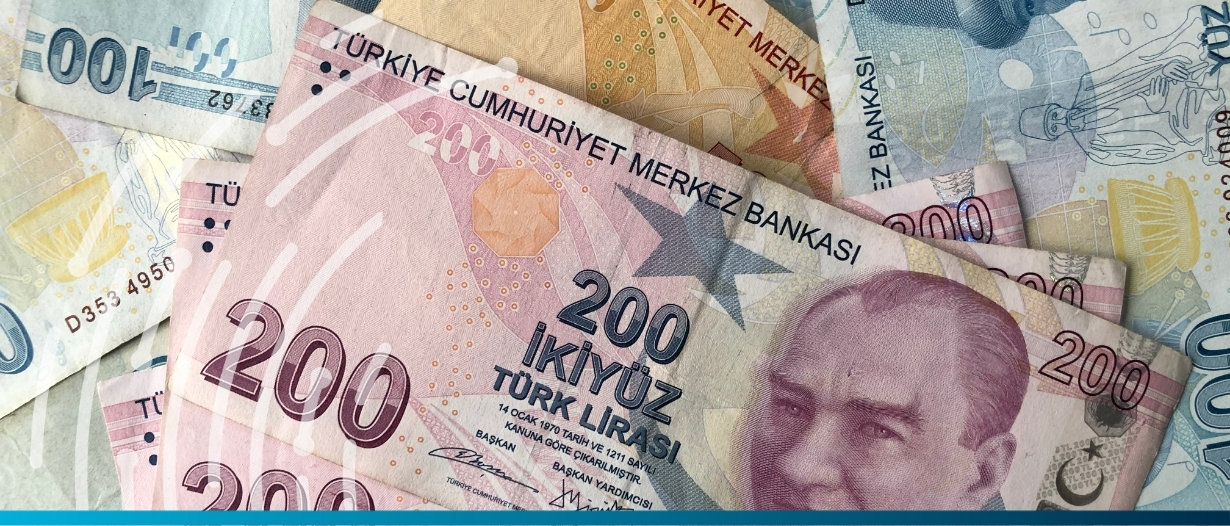Fitch Ratings has upgraded Turkey’s Long-Term Foreign Currency Issuer Default Rating (IDR) to ‘BB-‘ from ‘B+’, citing improved external buffers and reduced contingent foreign exchange (FX) liabilities. The outlook is stable.
The upgrade reflects a strengthened external position. Turkey’s FX reserves have risen to $149 billion, with net reserves at $41 billion. This improvement stems from reduced reliance on foreign currency in domestic transactions, lower FX demand, increased foreign investment, and enhanced ability to secure international loans.
The central bank’s net foreign asset position has also turned positive for the first time since early 2024.
These improvements will likely be more durable thanks to positive real interest rates, low current account deficits, and the regular decline in FX-protected deposits. FX-protected deposits have fallen by two-thirds to $46 billion from their peak in August 2023.
Another factor is an expected consistent policy mix. Turkey’s central bank has hiked its policy rate to 50% and implemented measures to strengthen policy transmission, leading to the lira’s real appreciation.
Fitch has projected a gradual narrowing of the central government deficit from 5% of GDP in 2024 to 2.8% by 2026. This improvement, the agency says, will be underpinned by a tapering of earthquake reconstruction spending, tighter fiscal discipline, and enhanced tax collection efforts.
The ratings agency forecasts a decline in Turkey’s general government debt to 27.3% of GDP, well below the ‘BB’ median, buoyed by robust nominal GDP growth and lira appreciation.
Despite the IDR upgrade highlighted ongoing risks, including the potential for policy reversals given Turkey’s recent history of unconventional economic policies. Fitch projects economic growth to slow to an average of 3.5% for 2024 and 2.8% in 2025 as tight monetary policy and fiscal consolidation cool domestic demand.
The agency also noted that Turkish governance indicators have deteriorated over the past decade and remain weak relative to peers.
For instance, inflation is expected to decline to 43% by the end of 2024 and 21% by the end of 2025. But given that projected inflation is still high—the highest in the BB category—any inflationary triggers could jeopardise Turkey’s balance of payments and associated risks.
Additionally, Turkey’s environment, social, and governance (ESG) profile presents significant challenges, according to Fitch’s assessment. The country scores poorly on both Political Stability and Rights, as well as Rule of Law and Corruption Control, reflecting weaknesses in institutional capacity and the application of law that harm its credit profile.























